Baidu SEO in study abroad industry involves optimizing a website to improve its ranking on Baidu, for relevant keywords related to studying abroad. In this article, let’s go through how to use Baidu SEO in study abroad industry.
Keyword Research
Identify Target Keywords: Research and identify keywords that potential Chinese students looking to study abroad might search for. For example, these could include phrases like “海外留学咨询” (study abroad consulting), “留学申请流程” (study abroad application process). Moreover, use keywords like “留学国家选择” (choosing a study abroad country), and “留学费用预算” (study abroad budget).
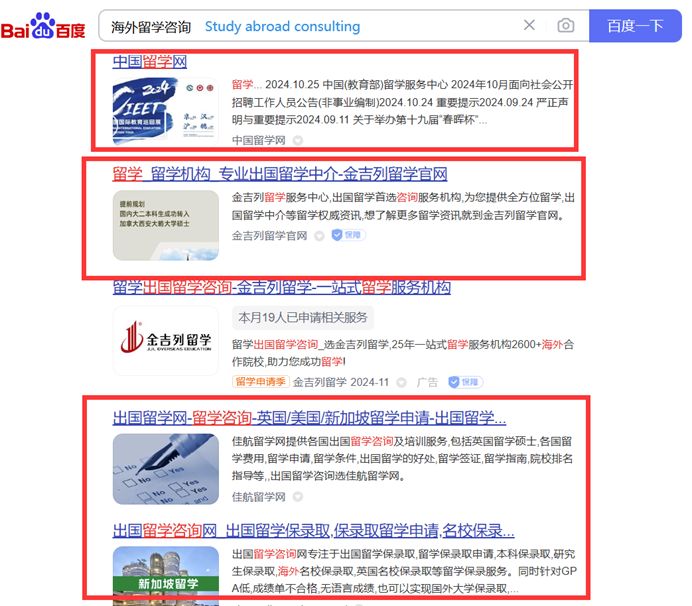
Analyze Competitor Keywords: Use Baidu Keyword Planner or similar tools to analyze the keywords your competitors are targeting. In this way, you will be able to identify any gaps or opportunities.
Content Optimization
Create High-Quality Content: Develop informative and engaging content that addresses the needs and concerns of Chinese students interested in studying abroad. For example, blog posts, guides, FAQs, and success stories.
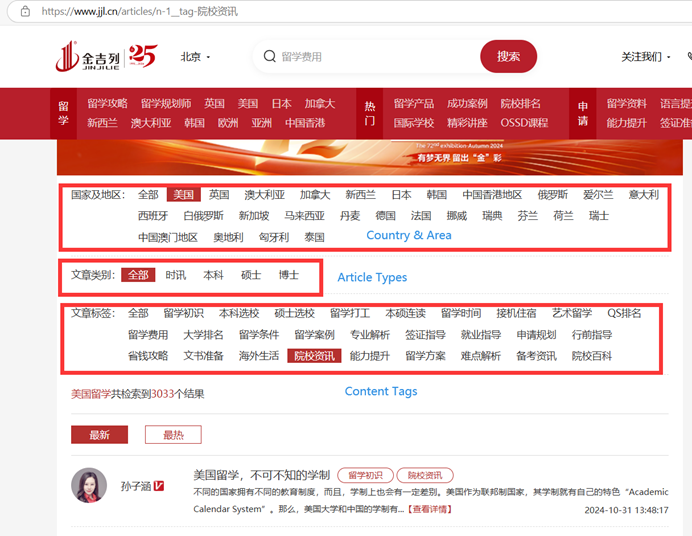
Integrate Keywords Naturally: Incorporate the target keywords naturally into the content, ensuring that the text reads smoothly and avoids keyword stuffing.
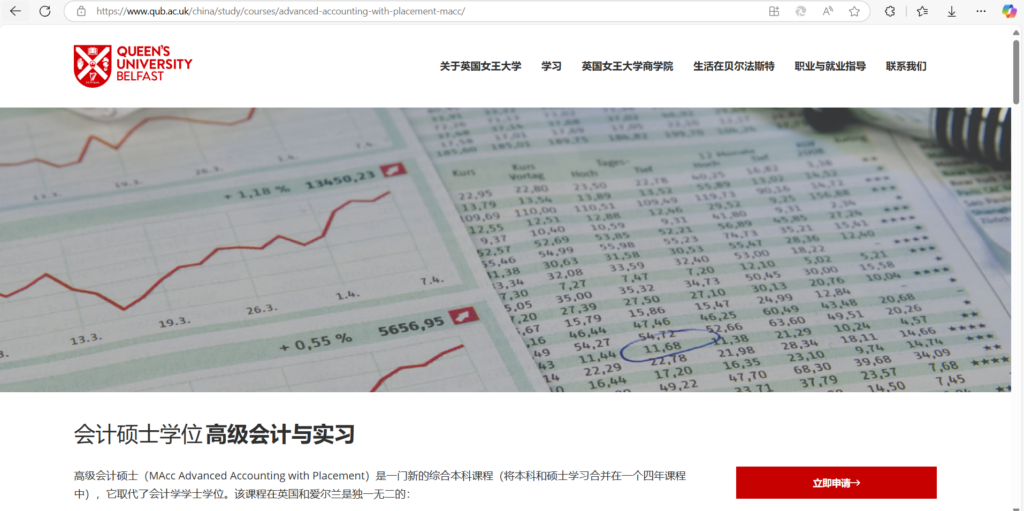
Optimize for Local Search: Since the target audience is Chinese, ensure that the content is written in Mandarin. What’s more, tailor the content according to the cultural and educational aspirations of Chinese students.
Technical SEO
Ensure Website Speed and Mobile Friendliness: Optimize the website’s loading speed and ensure it is mobile-friendly. Because Baidu prioritizes websites that provide a good user experience on all devices.
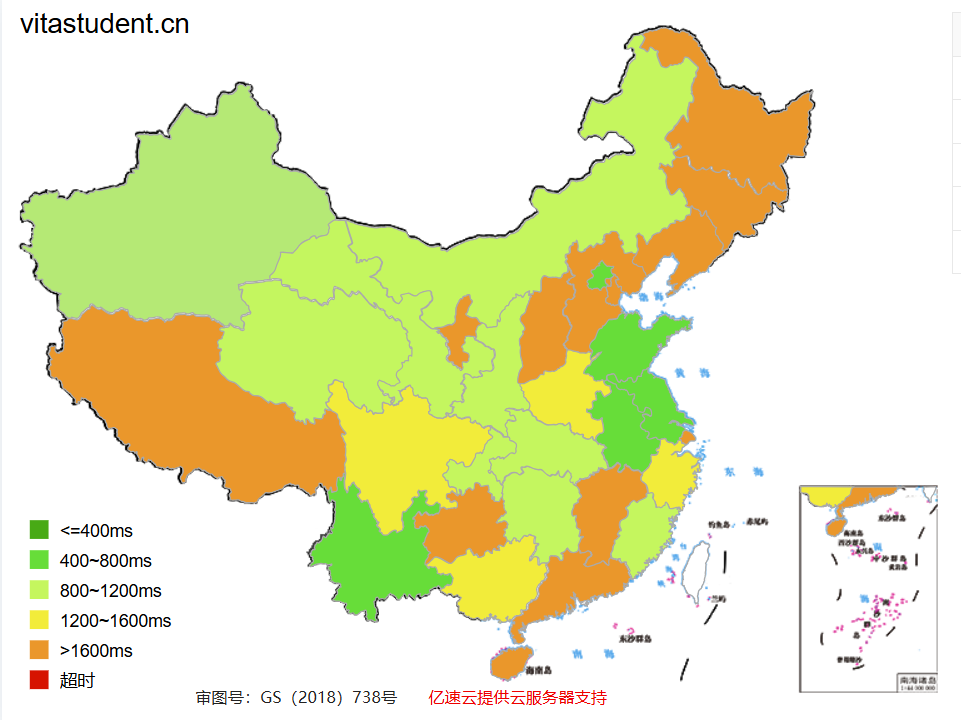
Optimize Website Structure: Create a clear and intuitive website structure that makes it easy for users and search engines to navigate. For example, use descriptive URLs, headers, and meta tags.
Implement XML Sitemaps: Create and submit an XML sitemap to Baidu, which helps the search engine index your website more efficiently.
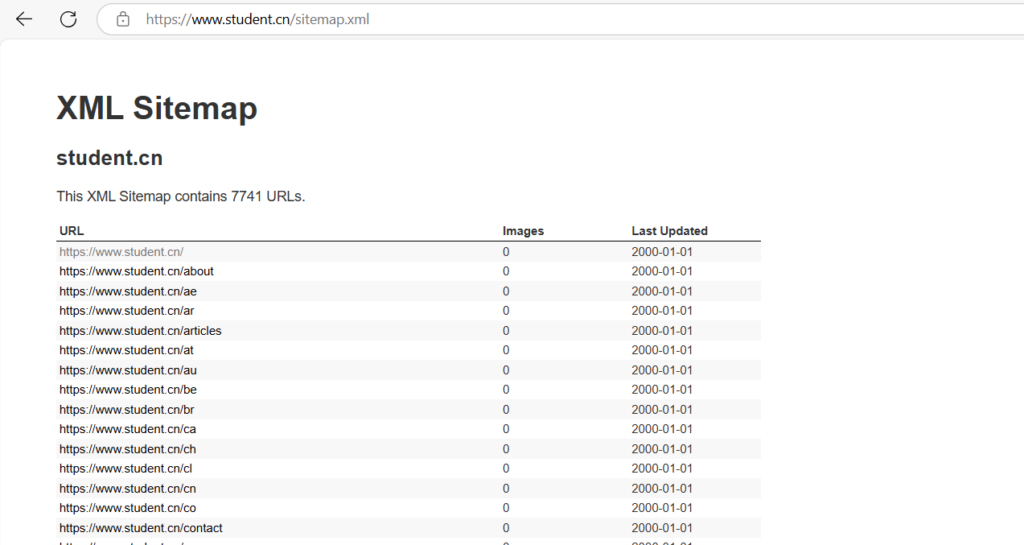
Building Links
Acquire High-Quality Links: Obtain inbound links from reputable websites and educational institutions related to the study abroad industry. This can include partnerships with universities, participation in educational forums, and guest posting on authoritative blogs.
Local Directories and Listings: List your website in relevant local directories and educational resource listings in China to improve visibility and credibility.
Local SEO
Optimize for Local Searches: Include local search terms and landmarks in your content and meta tags if relevant (e.g., specific cities or regions in China where your services are available).
Engage with Local Audience: Use Baidu’s social media platforms (like Baidu Tieba or Baidu Zhidao) to engage with potential students and answer their questions about studying abroad.
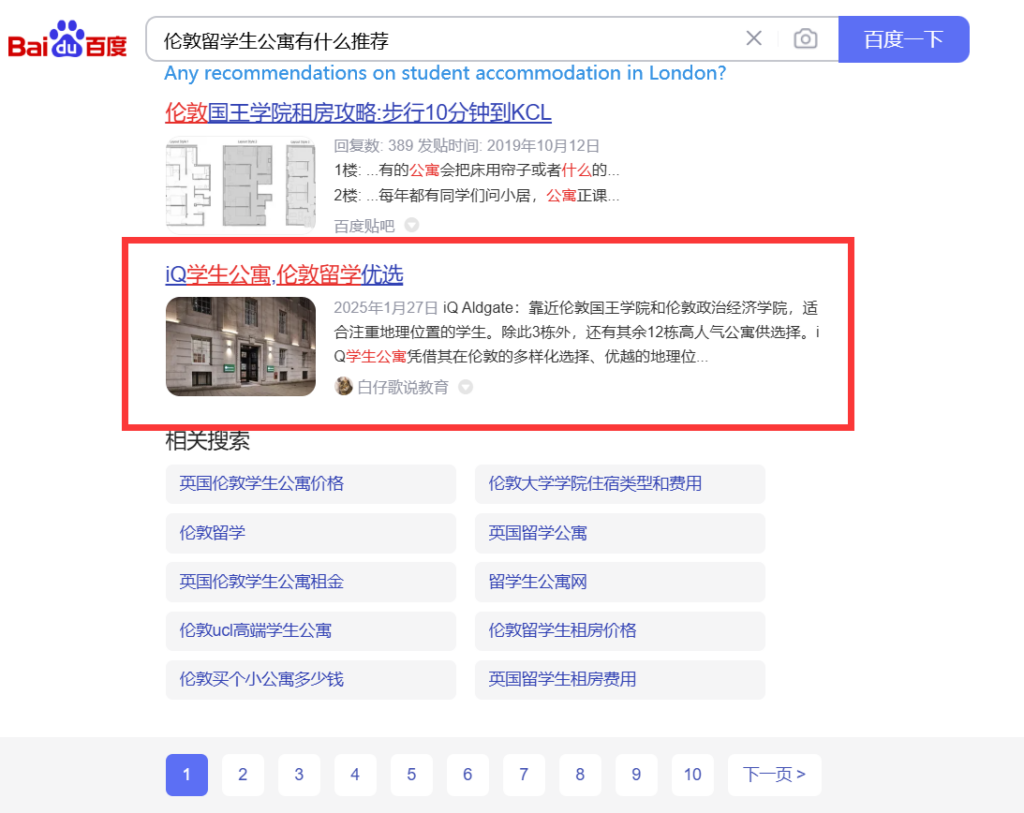
Monitor and Analyze Performance
Use Baidu Analytics: Implement Baidu Analytics to track website traffic, user behavior, and search engine rankings.
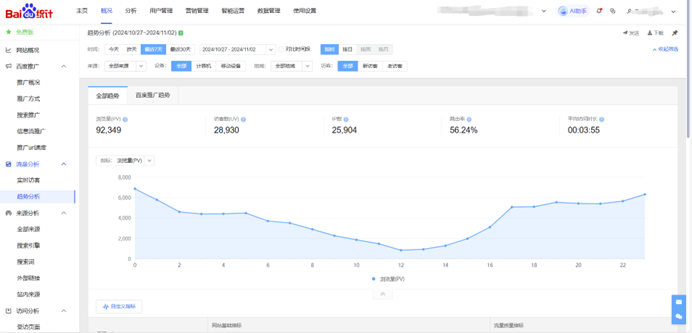
Regularly Update Content: Keep the content on your website fresh and relevant by regularly updating it with new information, trends, and insights.
Adjust SEO Strategies: Monitor the performance of your SEO efforts and adjust your strategies based on the data and insights you gather.
By following these steps, a study abroad consultancy website can improve its ranking on Baidu for relevant keywords. In this way, it will attract more potential Chinese students who are interested in studying abroad.
If you desire to know more about our Baidu SEO services, please feel free to reach us via service@baiduseopro.com



